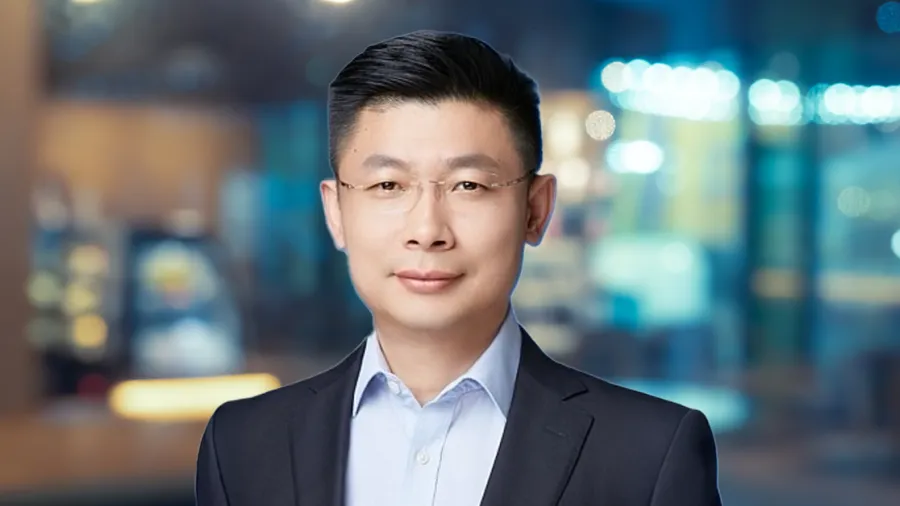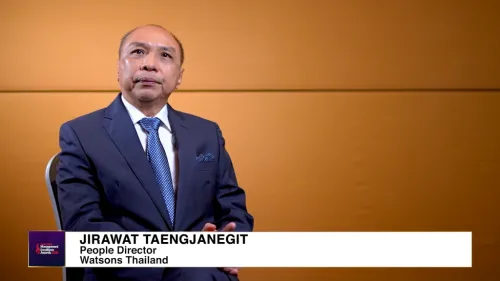
Singapore’s CNE plans over $1b push into Asian renewables
It’s working with banks on financing and will issue REITs to diversify funding sources.
Singapore-based Concord New Energy Group Ltd. (CNE) plans to spend more than $1 billion over the next five years to expand its renewable energy footprint across Asia, targeting wind, solar and storage projects amidst rising power demand in the region.
The investment will support project development and financing partnerships in several Asian markets, Owen Chen, the company’s chief technical officer and vice president, told Asian Power.
“We are developing partnerships across multiple countries and will conduct project financing through banks and financial institutions,” he said in an emailed reply to questions. “In addition, we are actively preparing to issue real estate investment trusts (REIT).”
Asia’s renewable energy capacity climbed to 2.37 million megawatts (MW) in 2024 from 1.96 million MW a year earlier, according to a July 2025 report by the International Renewable Energy Agency.
CNE has invested almost $4b in regional projects, building a portfolio that includes about 4 gigawatts of wind power, 700 MW of solar capacity and 530 megawatt-hours of utility-scale battery storage.
Chen said CNE’s key markets include South Korea, Japan, Singapore, Malaysia, Indonesia, the Philippines, and Vietnam—”markets that are particularly attractive for energy project development due to the rapidly growing electricity demand, stable political environments, and well-established legal frameworks.”
Power demand in Southeast Asia is rising by 2.6% annually, based on the International Energy Agency’s latest World Energy Outlook.
Over the past year, CNE has launched solar farm construction in South Korea and Singapore and started wind and storage projects in the Philippines, Vietnam, and Japan.
Whilst wind remains central to its pipeline, the company expects to accelerate investments in solar and battery systems. Pairing storage with solar improves participation in peak-valley arbitrage and ancillary service markets, boosting internal rates of return, Chen said.
Rapid expansion across diverse markets also brings challenges. Chen cited shifting policies, localisation rules, and regulatory uncertainty as key risks.
Several Southeast Asian governments require developers to source a share of equipment locally and mandate the participation of domestic utilities in new energy ventures.
“CNE also faces trade barriers and geopolitical risks,” he said. “These include significant fluctuations in some countries, underdeveloped financial markets, and limited financing channels, all of which can affect project viability and returns.”
CNE is working with local partners to navigate procurement rules and is signing long-term supply agreements to manage cost and delivery risks.
The company also aims to lift revenue through green certificate sales and carbon asset trading as countries expand their climate-related market mechanisms, Chen said.

















 Advertise
Advertise








